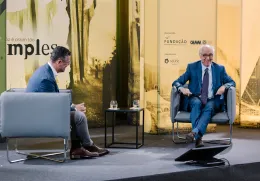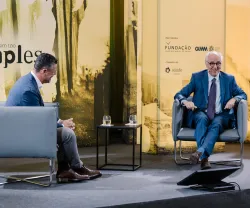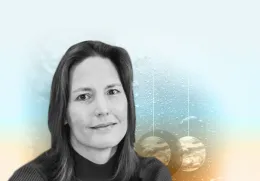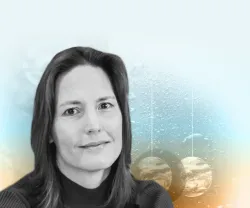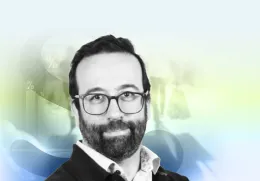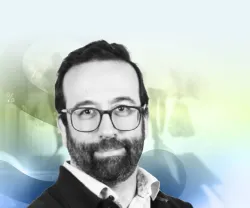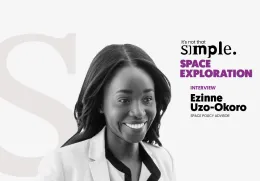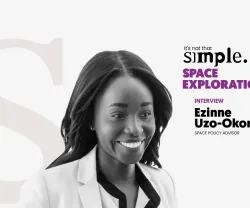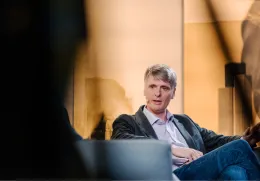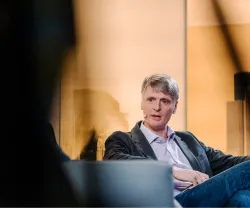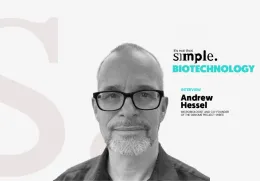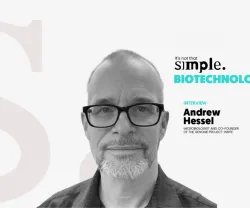The biologist and specialist in evolutionary genetics Svante Pääbo, who has just been awarded the Nobel Prize for Medicine, was in Portugal to help tell the great story of the human species.
Today, we know that there was mixing between Homo sapiens and Neanderthals, just as there was between other ancient populations. Thanks to recent technological breakthroughs, we can now study ancient genomes and learn more about the history of human populations. Is this a "revolution in ancient DNA", as people are claiming? Genetics helps us to understand the past and the processes which led us to become what we are today.
The first studies of ancient DNA were protracted and incomplete. But since 2010, a set of new technologies has made these studies much more straightforward. Since then, thousands of ancient genomes have been published, allowing us to learn more and more about the history of human populations around the world. The findings are eye-opening.
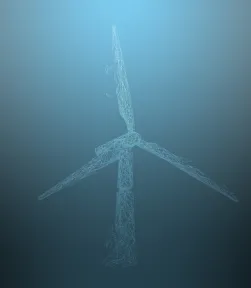
Every year, we dedicate a month to science and education. We hold interviews and debates with leading international and national figures, who bring the latest scientific research and learning news to the public. Everything is covered, from the universe to biology, from the brain to food and from reading to memory.






